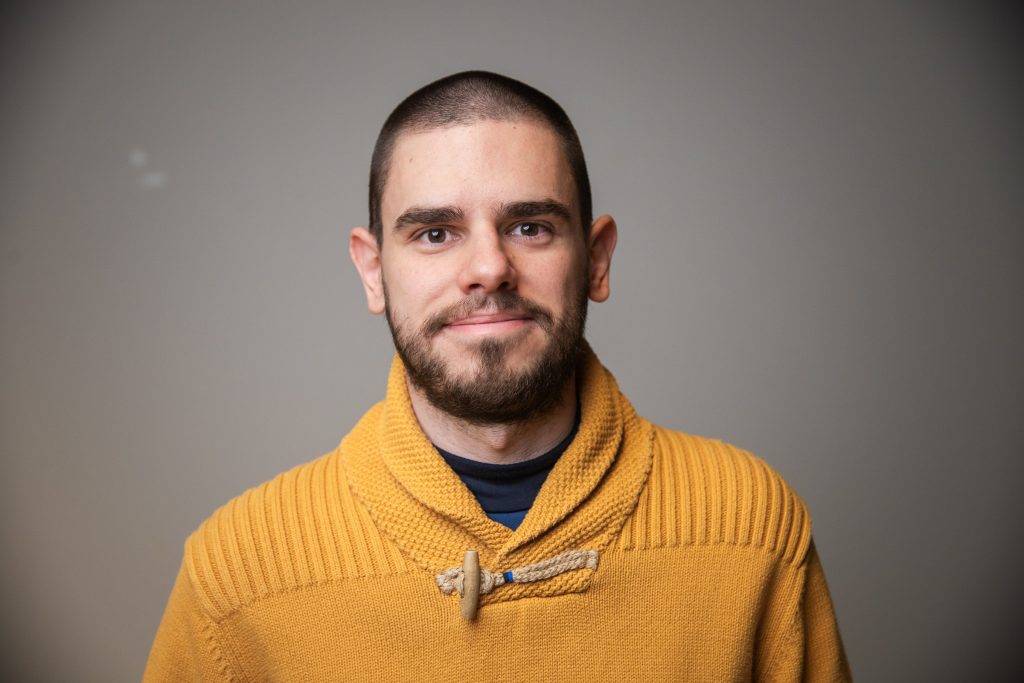We are excited to introduce Manuel Mendoza Hurtado, a PhD Researcher from the University of Cordoba. Manuel visits the Digital Geography Lab this spring to collaborate with Academy Researcher Olle Järv on the BORDERSPACE project. Check out our mini-interview with Manuel to learn more.

Who are you and what is your role at your home university?
I am Manuel Mendoza Hurtado, a PhD Researcher in the Computational Intelligence and Bioinformatics research group at the Department of Computer Science and Numerical Analysis, University of Cordoba, Spain. I am currently on my last PhD year. I got my Master’s degree in Telematics and Telecommunication networks from the University of Malaga. It was very interesting to learn about mobile networks and telecommunications. My research interests are supervised learning, multi-label classification and dealing with imbalance problems. Currently, I am focused on mobility patterns identification with the use of mobile devices using a machine learning approach as part of my PhD.
Please briefly introduce your research topic.
My PhD thesis “Identification of mobility patterns using advanced artificial intelligence techniques applied to mobile phone data” studies different approaches to identify home and work locations for the users and how could we make use of their mobility patterns to improve public transport planning. I have been working with a multi-source dataset from the city of Milan, with Call Detail Records using classification algorithms to detect home and work locations.
Why did you decide to visit the Digital Geography Lab? How long is your stay here and what are you planning to work on during that time?
The DGL is a big interdisciplinary research group with many collaborations and I went through several papers from the group during my research. The research themes of socio-spatial interactions with people, and the big data and novel methods sounded really near to my current research. Working with alternative big data sources like Twitter (X) data will also be an enriching experience for me. Over these three months starting from March, I am excited to collaborate with Dr Olle Järv on the BORDERSPACE project. This collaboration is an exciting opportunity to better understand the dynamics of urban spaces and cross-border movements.
What are your first impressions about Helsinki? What would you like to discover or experience during your stay in Finland?
Well, Helsinki feels way different than Spain, but I was really looking forward to experience the snow and food culture of Finland. So far, it’s been a lovely experience. I love how nature is an integral part of Finland and can’t wait to delve more into it and explore the different landscapes of the country.
– – – – –
The Digital Geography Lab is an interdisciplinary research team focusing on spatial Big Data analytics for fair and sustainable societies at the University of Helsinki.
